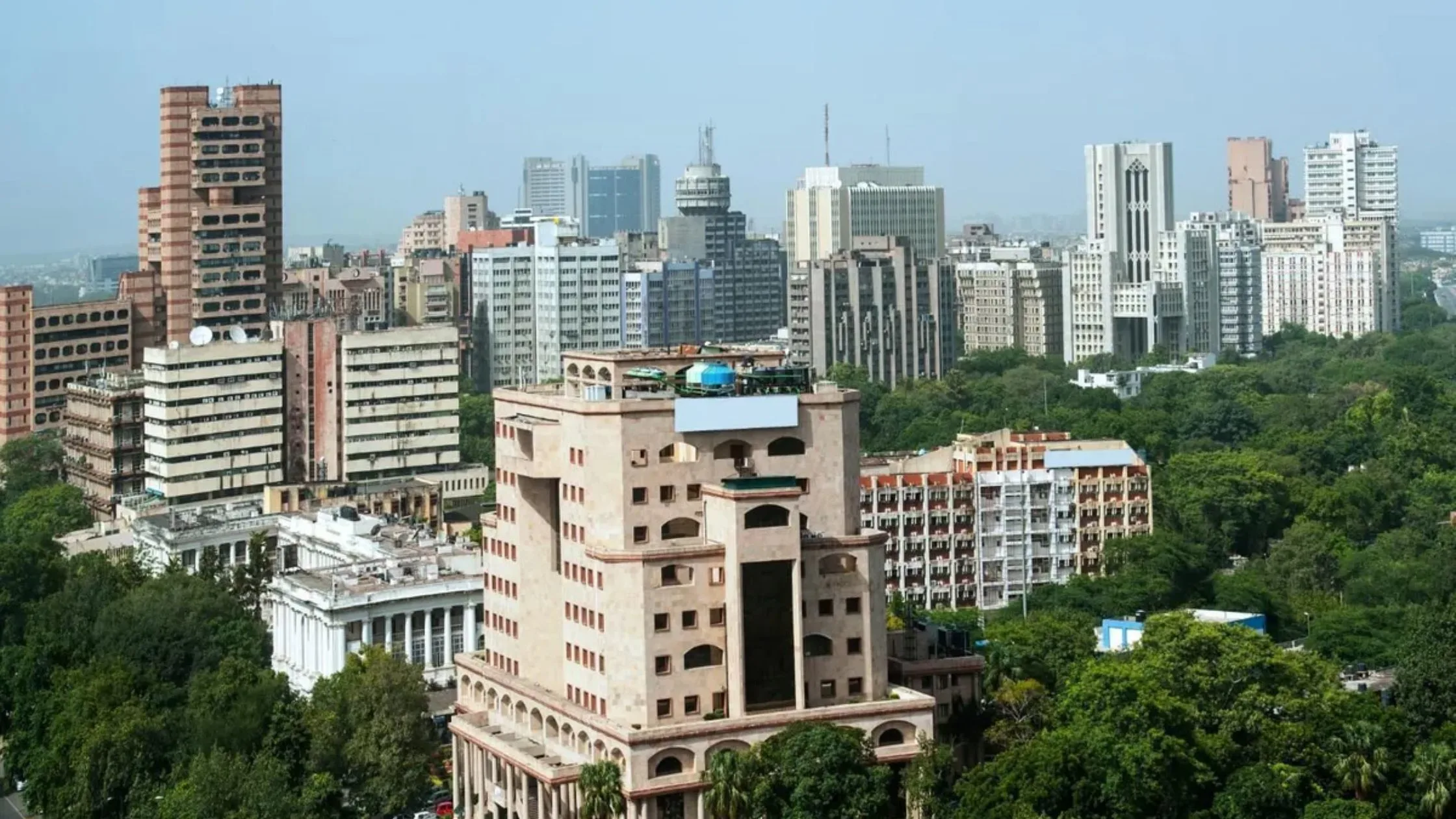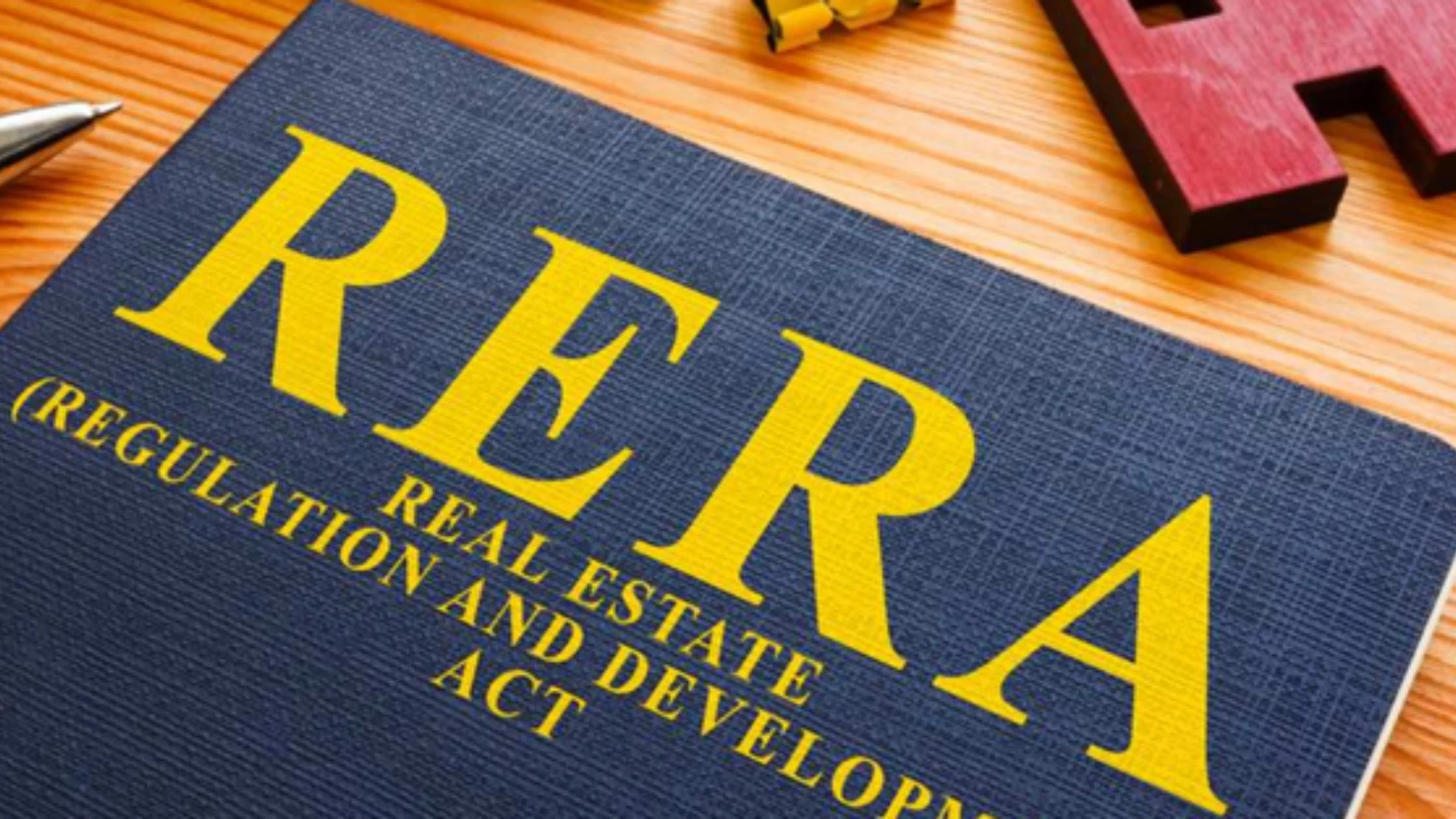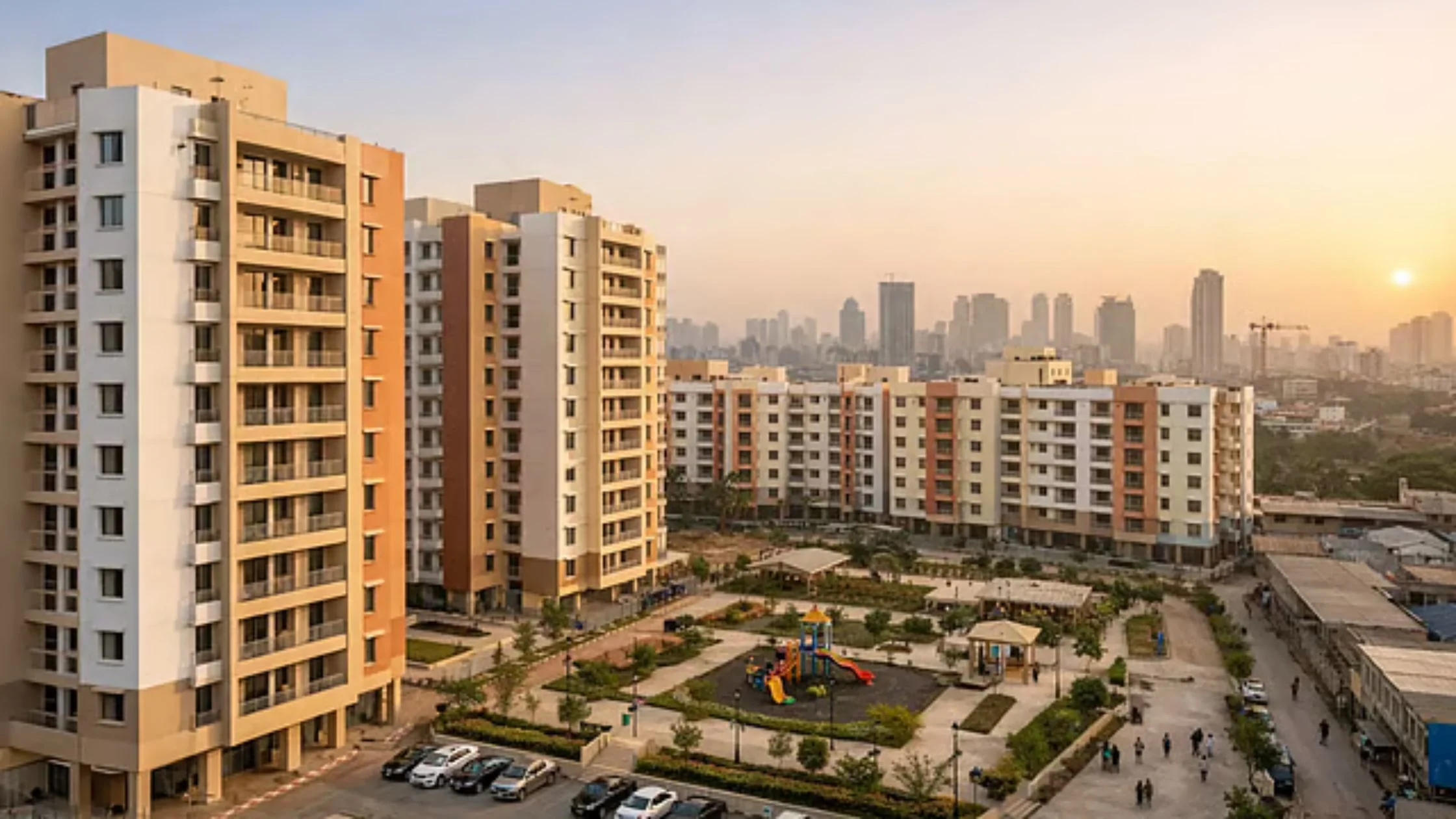Table of Content
▲
To address the housing needs of all its citizens, the government in India provides various incentives for first-time homebuyers. This guide aims to provide details on the advantages you can avail when making your initial investment in a property.
Housing schemes for first-time homebuyers
Pradhan Mantri Awas Yojana
With the goal of ensuring housing for all, the government introduced the Pradhan Mantri Awas Yojana in June 2015. This central scheme offers financial assistance to first-time homebuyers through its Credit-Linked Subsidy Scheme and the Beneficiary-led Construction Scheme.
Through the Credit-Linked Subsidy Scheme, the government provides subsidies on home loans ranging from Rs 6 Lakh to Rs 12 Lakh at a reduced interest rate for the construction of new houses, catering to the needs of first-time homebuyers. This benefit is also extended to individuals undertaking renovations on their existing houses.
Pradhan Mantri Awas Yojana: Beneficiary categories
Beneficiaries under the PMAY list are divided into four categories, based on the annual income of the household.
| Beneficiary | Annual income of the household |
| Economically Weaker Section (EWS) | Up to Rs 3 Lakh |
| Lower Income Group (LIG) | Rs 3 Lakh to Rs 6 Lakh |
| Middle Income Group-1 (MIG-1) | Rs 6 Lakh to Rs 12 Lakh |
| Middle Income Group-2 (MIG-2) | Rs 12 Lakh to Rs 18 Lakh |
Within the scheme for beneficiary-led individual house construction/enhancement, first-time homebuyers from the EWS category can receive central assistance amounting to Rs 1,50,000 for the construction of a new house.
State-run housing schemes for first-time homebuyers
In the majority of state-run housing schemes, a crucial eligibility criterion for house allocation is that the applicant should not own a property in their name. This implies that these housing initiatives are specifically designed to cater to first-time homebuyers in India. Such schemes encompass housing programs launched by various authorities, including but not limited to the DDA, MHADA, YEIDA, Noida Authority, Ghaziabad Development Authority, Gurgaon Development Authority, Chennai Development Authority, Bangalore Development Authority, Kolkata Development Authority, and others.
Tax benefits for first-time homebuyers
First-time homebuyers receive additional tax benefits in addition to the rebates available to the general borrower.
Section 80C
Those repaying a home loan can claim deductions of up to Rs 1.50 Lakh per annum against home loan principal repayment under Section 80C. However, this section does not apply to home loan interest payment. The lock-in period to get this benefit is five years. It means that if you sell the property within five years from the date of possession, all the deductions previously claimed by you will be added back to your income in the year of sale.
This deduction is also available to the first-time buyers who pay stamp duty and registration charges during property purchase. This deduction can only be claimed in the year the actual payment is made towards these expenses. Both an individual and a HUF can claim this deduction in their income tax return.
Section 24B
Section 24B deduction is available on home loan interest payments. This section provides deductions of varying amounts, based on the type of property and its use.
Rs 2 Lakh in a year: Borrowers can claim a tax deduction of up to Rs 2 Lakh in a year under section 24B of the Income Tax law if the property is self-occupied. Other conditions include the home loan should be borrowed on or after April 1, 1999. The house should be purchased or constructed within five years of taking the loan.
Rs 30,000 in a year: A borrower can claim only Rs 30,000 as tax deduction against interest payment if the loan has been taken for repair and renovation work. Deduction for interest on home loan will be limited to Rs 30,000 in the following circumstances, as well:
- If the loan is sanctioned before April 1, 1999, to buy or build a property.
- If the loan is sanctioned on or after April 1, 1999, but construction of the house is not completed within five years from the end of the previous year in which the loan was borrowed.
Entire interest paid in a year: The whole amount paid as home loan interest in a year will be allowed as a deduction for rented properties. This rule is applicable whether the loan is taken for a home purchase, home construction, home repairing or home re-construction.
NOTE: This benefit is available to the first-time, as well as other category of homebuyers.
Tax benefit under Section 80-EEA
Under Section 80-EEA, the first-time homebuyers get Rs 1.50 Lakh tax deductions on home loan interest payment.
To qualify for the benefit under this section, the house must also meet price cap and carpet area limit. To get Section 80-EEA benefit, the price of the property should not exceed Rs 45 Lakh. If a unit is located in a metropolitan city, its carpet area should not exceed 645 square feet (sqft). The carpet area of units in any other city must be 968 sqft. Benefits of Section 80-EEA are offered to home loans sanctioned between 1 April 2019 and 31 March 2022.
Tax benefit under Section 80-EE
According to Section 80-EE, first-time homebuyers are eligible for an additional deduction of Rs 50,000 on the interest paid for loans sanctioned by banks between April 1, 2016, and March 31, 2017. The definition of interest under this section includes any service fees or other charges related to the borrowed money or processing fees.
It's important to note that the deductions under Section 80-EE apply exclusively to individuals and are not applicable to HUFs, companies, etc. The loan must be obtained from a bank, not from personal sources, and the deduction can be claimed until the loan is fully repaid. It's worth mentioning that Section 80-EE was a one-time rebate, and it has been reintroduced in the form of Section 80-EEA during the Budget 2016-17. Consequently, the old version is no longer applicable.
Also Read: Maximize Your Rental Income & Minimize Tax: Top Strategies to Save on Taxes







Ans 1. Under Section 80 EE of the Income Tax Act of 1961, those who use home loans to purchase their first home are eligible for tax savings of up to Rs. 50,000. A homeowner paying interest on a mortgage can deduct that amount from their gross annual income.
Ans 2. A new income bracket for PMAY first-time home buyer loan subsidies has been implemented. A buyer with an annual income of ₹12 lakhs is eligible for a 4% subsidy on a principal payment of ₹9 lakhs. Those earning ₹18 lakhs per annum qualify for a 3% subsidy on ₹12 lakhs principal amount.
Ans 3. Decide the type of home you need - apartment, independent house etc. Consider your need for amenities such as gym, pool, etc. Location of your home (proximity to schools, hospital, etc.) is important. Buy a property from a reputed builder.
Ans 4. The (PMAY) Pradhan Mantri Awas Yojana(U) is an initiative of the Government of India which aims at providing affordable housing to the urban poor by the year 2024. The scheme was first launched on 25 June 2015. The interest rate for the PMAY scheme starts at 6.50% p.a. and can be availed for a tenure of up to 20 years.
Ans 5. What is the best age to buy a house? There is no specific age, as it depends on personal circumstances and financial stability. However, individuals in their late 20s to mid-30s may benefit from longer mortgage repayment periods and appreciation potential. 4.